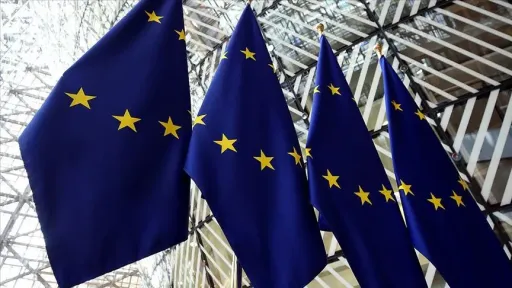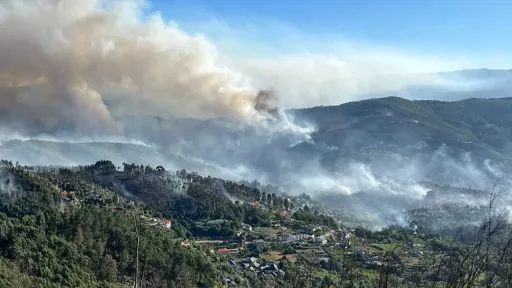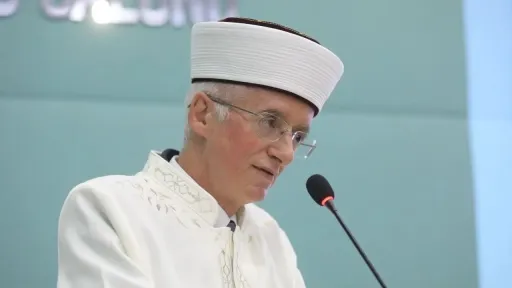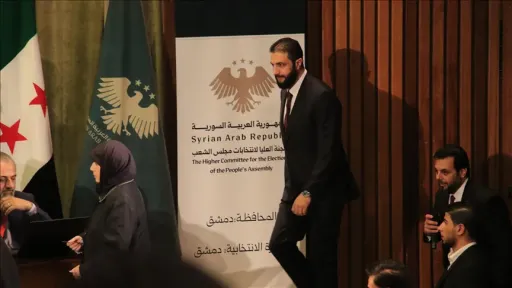Events being organised for the 80th anniversary of the Chameria massacre

Within the scope of the "Chameria Week" events, a scientific conference entitled "80th anniversary of the genocide against the Chamerian Albanians" was held in Tirana, the capital of Albania, with the participation of researchers by the Alternative for the Future Foundation (ALSAR).
In his speech at the opening of the conference, Mehdi Gurra, President of ALSAR Foundation, stated that the event was organised to commemorate a human tragedy with a bitter end.
Emphasising that the aim of the conference was to call on the country to mobilise, not to allow the Chameria problem to drag on and to give hope that one day justice will prevail, Gurra continued as follows: "80 years ago, in a world that was dragged into a bloody war, a whole people would pay the price of being Albanian, especially Muslim, with their lives, exile and loss of property. The Greek chauvinists on our southern border, determined to end the long-standing persecution once and for all, killed and slaughtered our Chamerians, forced the elderly and children out of their homes, humiliated and expelled them with great cruelty."
Gurra said that more than 30 years after the change of the system of governance in Albania, the Chameria issue remains a sensitive topic in state relations with Greece, adding that "the clear and full articulation of the issue and the pursuit of the denied rights of the Chamerians have been missing on the whole. Even when diplomacy has had the courage to present it, it has done so half-heartedly and has not been determined to see the issue through to the end."
During the conference, researchers discussed various issues related to the Chameria issue, a documentary film was screened, and various photographs and documents related to the Chameria issue were exhibited.
The session of the Albanian Parliament today also observed a minute of silence in memory of the Albanians in Chameria.
A group organised a demonstration in front of the Greek Embassy in North Macedonia on the anniversary of the Chameria massacre.
The show took place in Skopje, the capital of North Macedonia, as part of the "Chameria Week" events.
The group gathered in front of the Embassy to protest the massacre and rights violations committed by Greece against the Chamerians within the scope of the events that started on 21 June in the country, and to deliver a letter of protest to the Embassy.
The demonstrators carried Chameria symbols and Albanian flags.
Afan Sherifi, who read the letter of protest on behalf of the demonstrators, stated that in the letter they called on the European Commission and the European Parliament to call on Greece, a member of the European Union (EU), to end the ethnic and religious discrimination against the Chamerians, adding that there will be no sincere friendship and neighbourliness between the two nations without resolving the Chameria issue.
The events within the scope of the Chameria Week in North Macedonia are organised by the Commission consisting of some associations operating in the country with the slogan "I love Cameria" (I love Chameria).
The massacre of Chameria Albanians was also protested with events organised in Turkey and those who lost their lives were commemorated.
WHAT HAPPENED IN THE CHAMERIA REGION?
Starting from the south of Albania, the Chameria region covers the area from Ioannina to Preveza, which is still within the territory of Greece.
Albanians living in this region of Ioannina province were Ottoman citizens until 1913.
The region of Chameria was handed over to Greece as an ethnic and minority region at the London Conference in 1913 at the end of the Balkan War. In the 1910 census, 83 thousand Albanians lived in the region.
Forces under the command of Greek General Napoleon Zervas massacred the Albanians of Chameria during World War II.
During the ethnic cleansing operation from June 1944 to March 1945, 2,900 men, 214 women and 96 children were killed, 745 women were raped, and 5,800 of 68 villages were burned.
In addition, over 2,000 people died due to poor living conditions and migration.
Due to the ethnic cleansing initiated by the Greek general, around 35,000 Albanians were forced to flee from the Chameria region to Albania.
Albanians from Chameria want the events of 1944 to be recognised as genocide, to visit their homeland on the border with Greece and to have their property rights restored.
Source: AA







